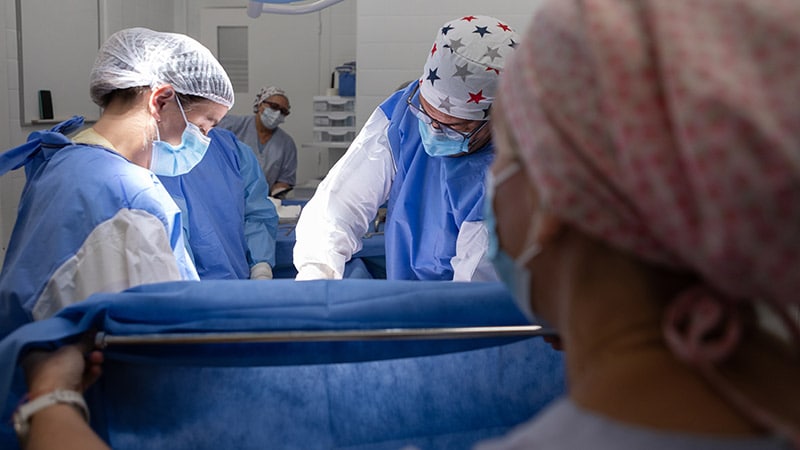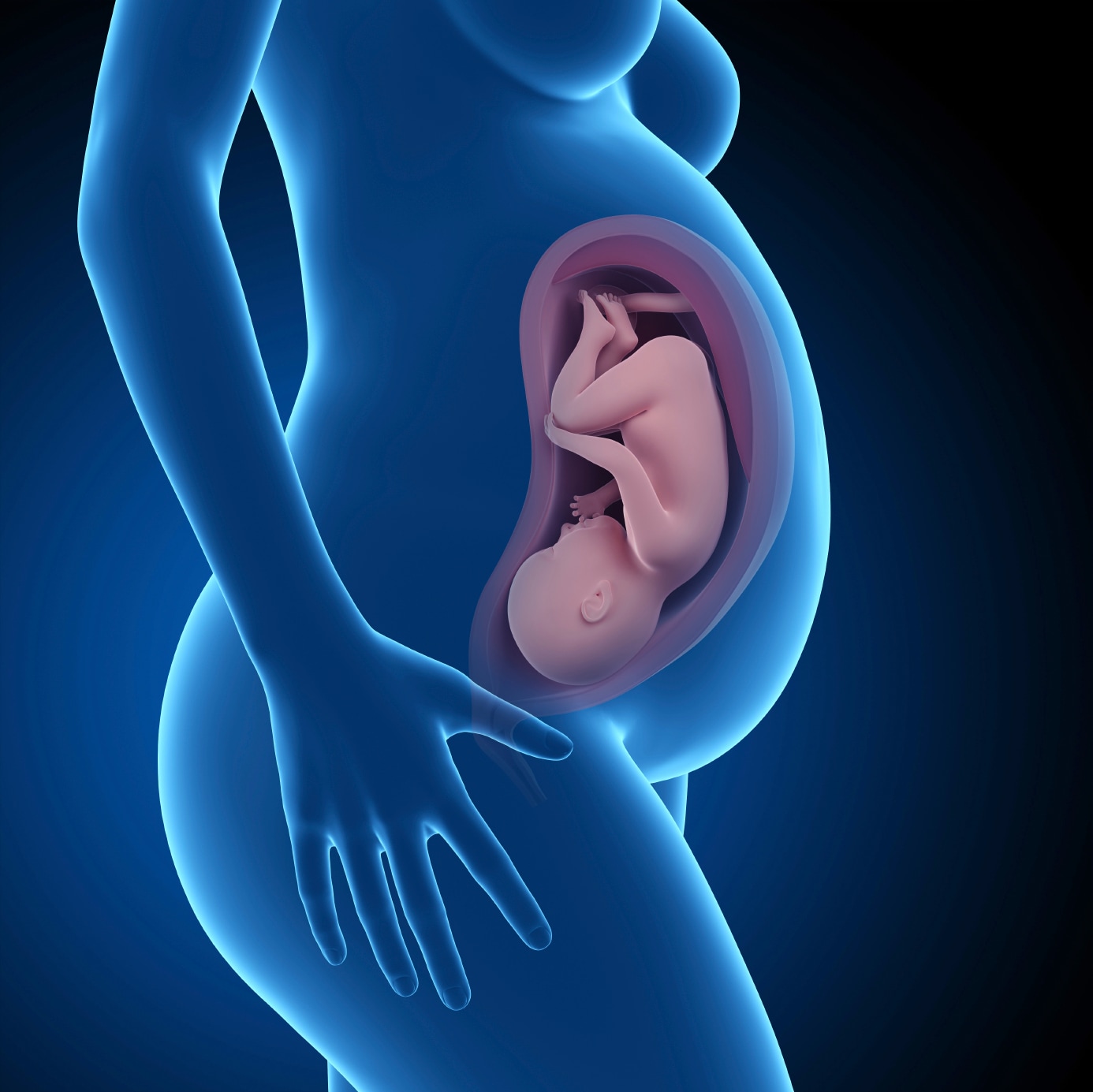Offering universal late pregnancy ultrasounds at 36 weeks' gestation eliminates undiagnosed breech presentation of babies, lowers the rate of emergency caesarean sections and improves the health of mothers and babies. These are some of the conclusions of the Pregnancy Outcome Prediction (POP) study published this week in PLOS Medicine.
The prospective cohort study was carried out between 14 January 2008 and 31 July 2012, and included 3879 nulliparous women who attended for a research screening ultrasound examination at 36 weeks of gestational age (wkGA).
Of 3879 participating women, 179 (4.6%) were diagnosed with breech presentation at 36 weeks. For most women (n=96), there had been no prior suspicion of non-cephalic presentation.
External cephalic version (ECV) was attempted for 84 (46.9%) women and was successful in 12 cases.
Overall, 19 of the 179 women delivered vaginally (10.6%), 110 delivered by elective cesarean section (61.5%) and 50 delivered by emergency cesarean section (27.9%). There were no women with undiagnosed breech presentation in labour in the entire cohort.
Economic analysis indicated that universal late-pregnancy ultrasound would identify around 14,826 otherwise undiagnosed breech presentations across England annually and avoid 4196 emergency caesarean sections and 6061 breech deliveries. Universal ultrasound would also prevent 7.89 neonatal mortalities annually.
While, on average, 40 scans were needed per detection of a previously undiagnosed breech presentation. The authors say the strategy would be cost-effective if foetal presentation could be assessed for £19.80 or less per woman.



